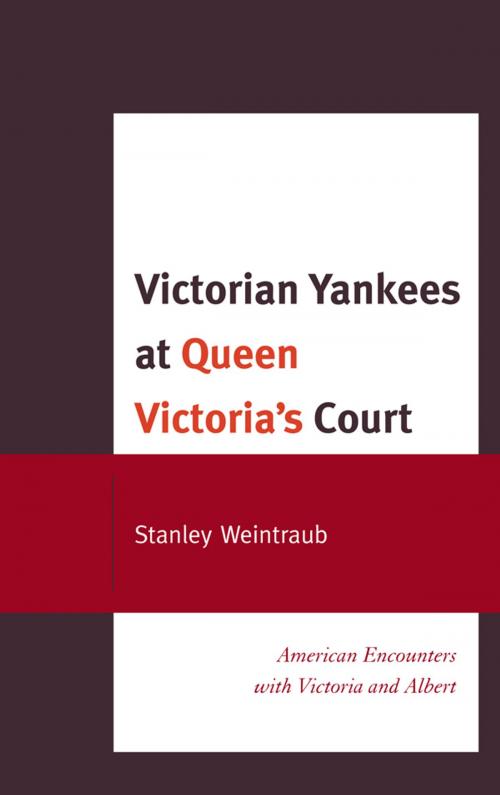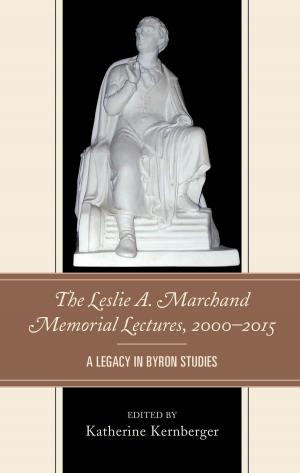Victorian Yankees at Queen Victoria's Court
American Encounters with Victoria and Albert
Nonfiction, History, Americas, United States, Revolutionary Period (1775-1800), British| Author: | Stanley Weintraub | ISBN: | 9781611490619 |
| Publisher: | University of Delaware Press | Publication: | April 1, 2011 |
| Imprint: | University of Delaware Press | Language: | English |
| Author: | Stanley Weintraub |
| ISBN: | 9781611490619 |
| Publisher: | University of Delaware Press |
| Publication: | April 1, 2011 |
| Imprint: | University of Delaware Press |
| Language: | English |
Little seems to have changed since Victoria's day in the instant magnetism of British royalty across the Atlantic; yet for the first generations liberated by revolution, the British Isles and its sovereigns seemed as remote as the Moon. In the young nation, Americans who were little interested in the sons and daughters of their last king, George III, developed a love-hate relationship with Queen Victoria, his granddaughter, that lasted all her sixty-four years on the throne, ending only with her death in the first weeks of the last century. Victoria's long reign encompassed much of the time in which the young United States was growing up. The responses of Americans toward Victoria reveal not only what they thought of her (and her husband) as people and as monarchs, but reflect their own ambitions, confidence, smugness, insecurities and sense of loss. Parting from England brought a surge of pride, but it also carried with it an unanticipated price. American encounters with Victoria as person and as symbol evoke the costs of relinquishing a history, a tradition, a ceremonial texture. A professedly egalitarian society found itself instantly without some of the familiar associations it valued, and Americans recognized the deficiency. Often, as a matter of pride, they left that realization unspoken. Victorian Yankees at Queen Victoria's Court is, then, a selective lens into nineteenth-century America — an offbeat way to look at a people and a nation possessed with unruly energy and burgeoning into a wary greatness.
Little seems to have changed since Victoria's day in the instant magnetism of British royalty across the Atlantic; yet for the first generations liberated by revolution, the British Isles and its sovereigns seemed as remote as the Moon. In the young nation, Americans who were little interested in the sons and daughters of their last king, George III, developed a love-hate relationship with Queen Victoria, his granddaughter, that lasted all her sixty-four years on the throne, ending only with her death in the first weeks of the last century. Victoria's long reign encompassed much of the time in which the young United States was growing up. The responses of Americans toward Victoria reveal not only what they thought of her (and her husband) as people and as monarchs, but reflect their own ambitions, confidence, smugness, insecurities and sense of loss. Parting from England brought a surge of pride, but it also carried with it an unanticipated price. American encounters with Victoria as person and as symbol evoke the costs of relinquishing a history, a tradition, a ceremonial texture. A professedly egalitarian society found itself instantly without some of the familiar associations it valued, and Americans recognized the deficiency. Often, as a matter of pride, they left that realization unspoken. Victorian Yankees at Queen Victoria's Court is, then, a selective lens into nineteenth-century America — an offbeat way to look at a people and a nation possessed with unruly energy and burgeoning into a wary greatness.















